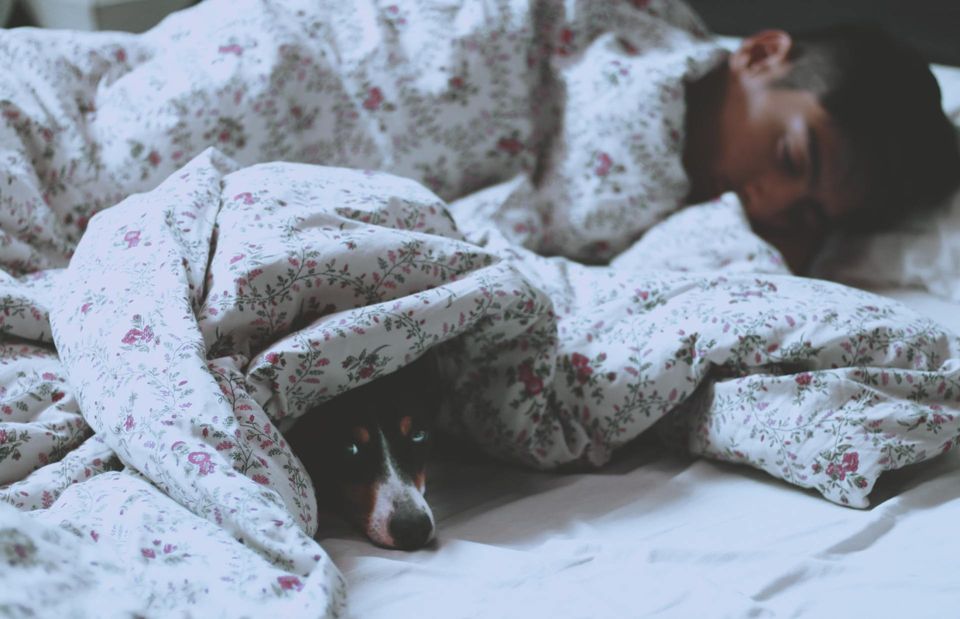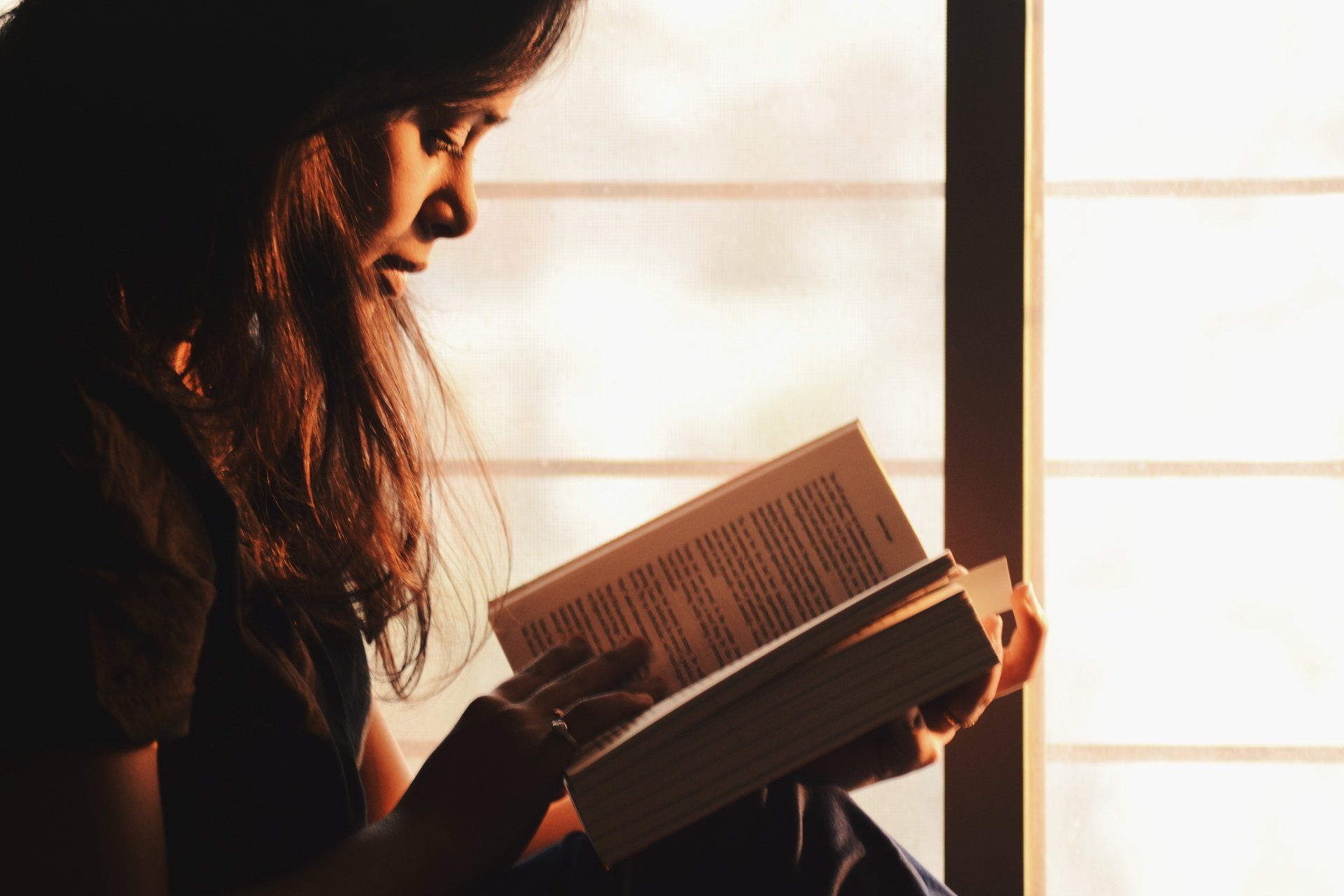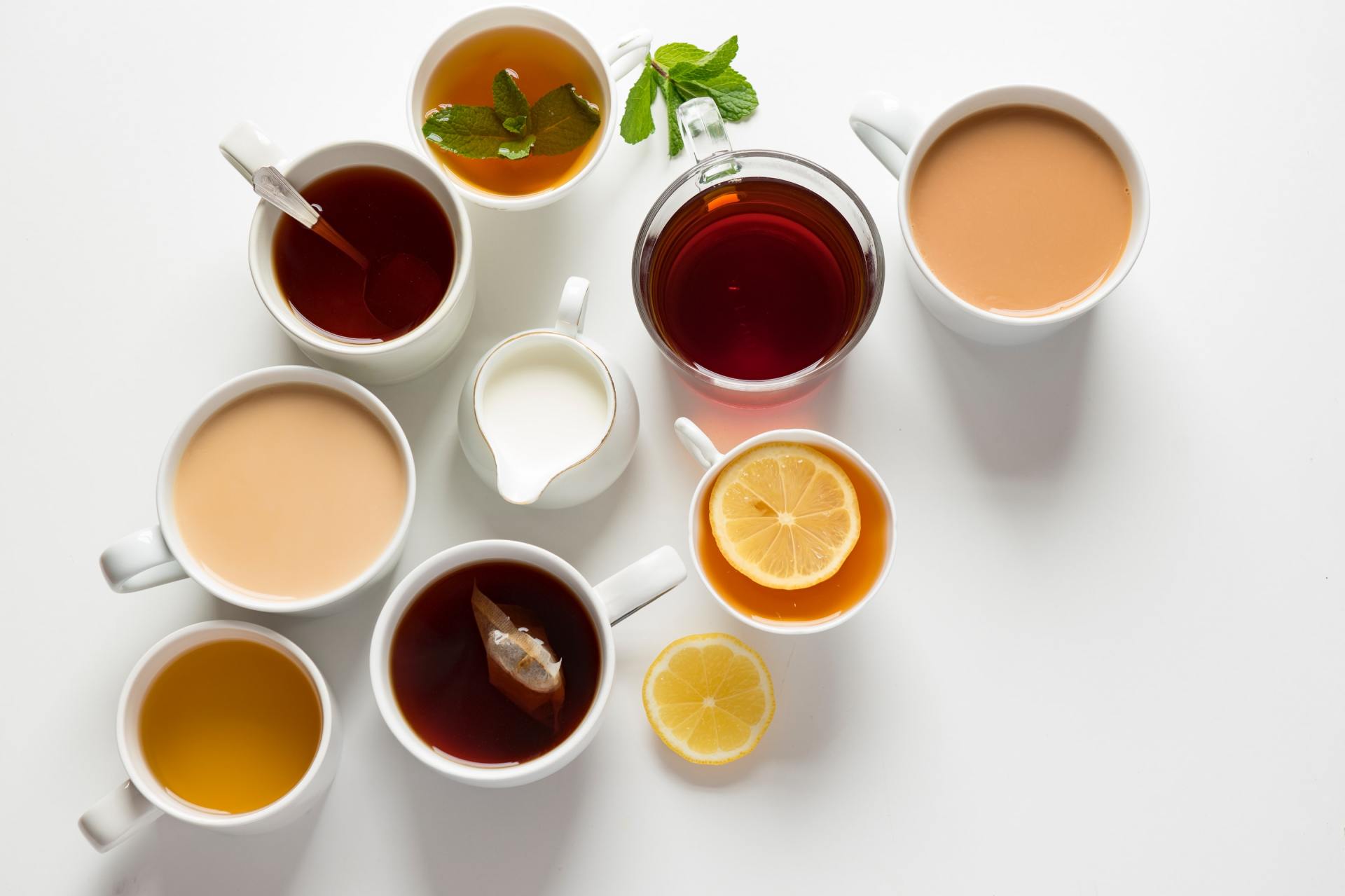
Blog Layout
How sleep varies with age - Adults
Sarah-Louise Waters • Jan 03, 2021

From babies that sleep most of the day, toddlers that need an afternoon nap, teenagers that sleep like the dead and adults that rarely sleep at all, most of us are aware that the length, depth and quality of our sleep changes dramatically throughout our lives. This blog post is the penultimate in a series aimed at giving you a deeper understanding into what is going on at each age and why. This post is about how we sleep during our adult years - post-teen and pre-elderly.
To write about sleep in early adulthood and mid-life is to talk about sleep in general. When researchers are looking into the subject of sleep they will study this age range as the baseline and then look at how other ages relate to it. Therefore, this post will be shorter than the others in this series as I will expand on most of the points made here in other subsequent posts.
By the time we reach our twenties and our hormones have settled back down, our sleeping patterns also mature and stabilise. At this point our circadian rhythm or internal body clock is fully established and our brains have switched from focusing on growth and development to a period of steady maintenance.
Most adults require between 7 and 9 hours of sleep each night and this is split into 20% REM and 80% non-REM. More significantly, the amount of time that we spend in deep NREM sleep, which is so important in children and teenagers, starts to reduce midway through our twenties and becomes less and less the older we get. This lack of deep sleep means that we are more easily disturbed during the night and more likely to notice the periods of wakefulness between our sleep cycles. And, once we notice that our sleep isn’t as good as it was previously, we lose the automatic element of it and start to try harder, opening a whole Pandora’s box of performance anxiety and sleep related angst.
Women also have the added bonus (!) of monthly hormonal fluctuations which can interfere with their core body temperature and therefore their ability to sleep. In addition, pregnant women have their sleep patterns disturbed again, firstly by pregnancy hormones and then by their newborn baby and night feeds. I will write more about both of these subjects in other blog posts.
Probably the biggest threat to our sleep at this stage in our lives is our lifestyle, wellbeing and mental health. Many people get so caught up in living their lives that they forget how important sleep is and simply fail to allocate enough time to it. Sleep deprivation, as this is known, is simply not allowing yourself enough time to sleep, usually because other activities have been prioritised above it (Netflix has a lot to answer for!). This is completely different to insomnia, which is giving yourself enough time to sleep but not being able to achieve it. Sleep deprivation in adults is a major health concern across the globe.
Stress can also play a major role in messing with your sleep as an adult. Arguably, the most stressful period of your life is the time that you are responsibly holding down a job (potentially working shifts and / or unsociable hours) in order to pay a mortgage and keep a roof over your head. Add onto this the stress of bringing up children and potentially also caring for elderly parents and - hey presto! - stress levels are through the roof. When we are stressed and have a lot of things on our minds, we often find that easing ourselves into sleep becomes more difficult and staying asleep even harder.
Other lifestyle factors such as caffeine, alcohol, diet and exercise have huge impacts on our sleep too. We may also have developed health conditions which can impact directly on our sleep or may require medications which disrupt normal sleeping patterns. I will look into all of these in more detail in other blog posts.
If you have related to any of the negative issues in this blog and you are wondering if there is any hope for your sleep in the future, please don’t despair. Sleep coaching can tackle the majority of sleep-related issues and improve them. If you would like to learn more about sleep coaching, simply follow the link below for more details
My next blog will be the last in this series and will look at how sleep changes in old age.
Additional Reading
Sleep cycles
https://www.fromsoultosole.co.uk/sleep-cycles
Sleep pressure
https://www.fromsoultosole.co.uk/sleep-pressure
Circadian rhythm https://www.fromsoultosole.co.uk/circadian-rhythm
Share
Tweet
Share
Mail

By Sarah-Louise Waters
•
30 Jan, 2022
Reading is an amazing way of escaping from your own reality. When we become absorbed in a story that is not our own, whether that be via a book or a movie, we put aside our own moods, worries and emotions. The more empathic we are, the more we are able to put ourselves into the shoes of the characters and let go of our own personal narrative. The benefits of doing this before settling down to sleep, especially for us highly-sensitive empaths, are immense. The ease by which we can fall asleep, the depth of that sleep and its length are all governed by how "safe" our brains feel at the time. If we are stressed, currently going though an emotional or practical upheaval, or are generally finding it difficult to switch off from the day, then our brain is going to want to keep us awake in order to continue its processing. Annoying as it is, this is simply your subconscious' way of sifting through data, resolving problems and (hopefully!) finding solutions. While nothing will ever truly be a better option than dealing with whatever is stressing you out in daylight hours, it would be ridiculous to think that there will never be a time that you go to bed with something on your mind, and this is especially true for highly sensitive, empathic individuals. Reading a book (even for a short space of time) can offer you the distraction that you need to put this issue to one-side and drift off. There are however some rules to remember when it comes to pre-sleep reading, particularly with regards to the content of what you read... 1) The topic should be interesting enough to capture your attention and stop you thinking about your worries. A text book may work, but only if you can actually concentrate on what you are reading without your brain wandering off on a tangent. 2) Reading about something you find emotionally disturbing (murder, rape, child abuse etc) will raise your blood pressure and heart rate, both of which are detrimental to sleeping well. 3) Reading a thrilling page-turner may lead you to still being awake at 2am because you just want to finish the next chapter, and the next, and the next (you get the idea!). 4) Picking a favourite book that you've already read can be a great idea - it will give you all the feels and distraction, without the need to continually page-turn as you already know what's coming. 5) If you find reading difficult because you are sight-impaired, dyslexic or have another form of reading difficulty, or simply because reading reminds you of an academic past you would rather forget, listen to an audiobook instead. You're still getting all of the sleep advantages of reading, but without the discomfort. 6) Never read anything related to your work just before bed. Reading should be about distancing yourself from stress, not inviting it in. 7) Be aware that reading on an electronic device means subjecting yourself to additional cues that now is not the right time for sleep (i.e. blue light exposure). Kindles don't smell or feel as good as a proper book either! If you are finding it difficult to fall asleep and would like some further help in the form of some sleep coaching sessions, please click on the button below and I will get back to you as soon as possible.

By Sarah-Louise Waters
•
03 May, 2021
“Caffeine is the most widely used (and abused) psychoactive stimulant in the world.” (Walker, Why We Sleep, 2017) Introduction 80% of the world’s population consume caffeine in one form or another and coffee is the second most traded substance in the world, second only to oil. Our love affair with caffeine stretches around the globe and has done for centuries. Most people will have a basic understanding that caffeine has a negative effect on sleep, but this blog post has been written to better inform readers about how caffeine works and to try to help individuals reassess their current “need” for caffeine. Before I begin I would just like to clarify that I am not judging anyone for their use of caffeine. This blog post is not an attempt to guilt you into giving up something that you enjoy. What it is asking you to do is to reassess your current use and the reasons why you use caffeine. If you actually “need” caffeine to get you through the day then you should probably come clean and admit to yourself why. Mostly people use caffeine to bolster low energy levels and they have low energy levels because they have not slept well enough or for long enough the night before. If this is the case for you then I would recommend that you sort out your sleep issues first rather than simply papering over the cracks with another cup of coffee. What is caffeine? Caffeine is a psychoactive drug classified as a stimulant because it speeds up the central nervous system and increases neural activity in the brain. Other psychoactive stimulant drugs include amphetamine (speed), cocaine and nicotine. Caffeine is a naturally occurring chemical present in cocoa, coffee, cola and most teas. Below I have listed the most common foods and drinks that contain caffeine and their caffeine content. For the sake of easy comparison, I have adjusted them so that they are all per 100ml or 100gm. However, please remember that we do not always consume 100ml/gm of a product and therefore the amount of caffeine you are ingesting will vary depending on the size of the mug/chocolate bar/can etc. For example, a Starbucks Grande coffee is nearly half a litre (473ml) and contains 330mg of caffeine! Interesting Fact Plants use caffeine as a natural pesticide as it is highly toxic to most insects. It is also worth noting that the caffeine content of tea and coffee will vary greatly depending on how long you leave the drink to brew. In the table below, the tea was left to brew for one minute. If you prefer a stronger cup, the amount of caffeine in that drink will be higher.